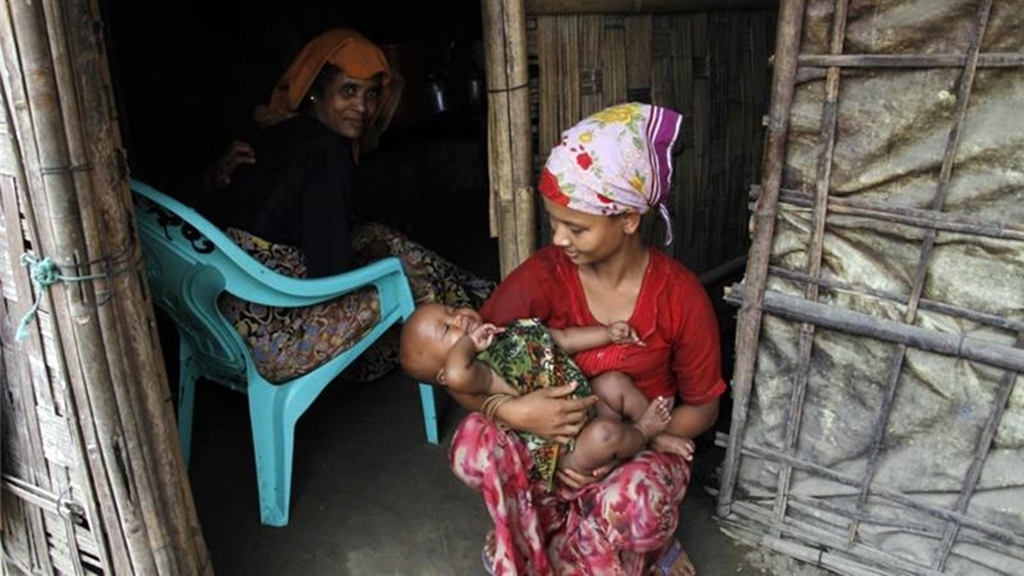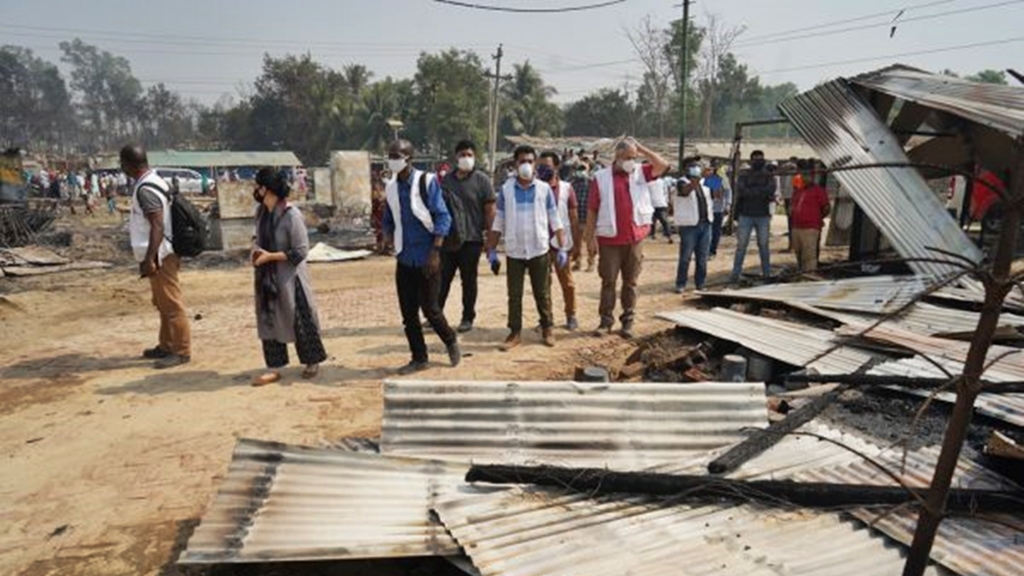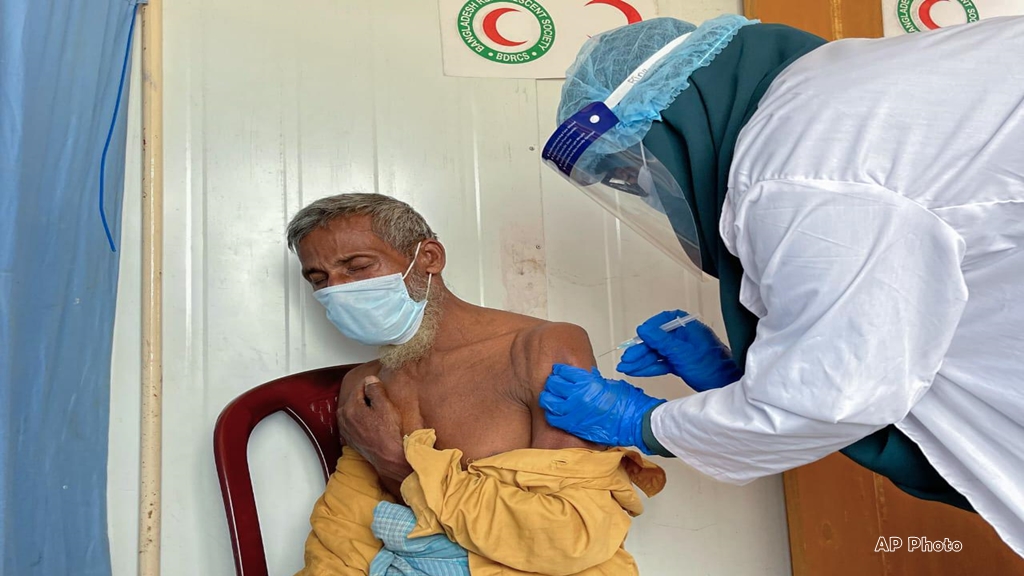
Rohingyas face healthcare crisis in Myanmar
- 02/07/2018
- 0
By The Stateless Rohingya
As nearly a million Rohingya refugees in overcrowded Bangladesh camps endure humanitarian disasters after fleeing the Myanmar Military terror, the remaining Rohingya community in Myanmar face the complete restriction of basic human rights – one of them is freedom of wellbeing.
At least 120,000 Rohingya trapped in several Internally Displaced Persons Camp (IDP) across Rakhine State since 2012, have little healthcare services and facilities to attend to for emergency and long-term medical needs.
While several thousands of remaining Rohingya who are affected during the coordinated military campaigns which expelled more than 700,000 fellow Rohingya from Northern Rakhine State to Bangladesh, are facing the race against time with the lack of healthcare and international humanitarian agencies since the region has been entirely under control of the military.
Children and women are affected most.
In Mee Cyaung Zay village tract of Buthidaung township, a number of Rohingya children are suffering from malaria as the monsoon season brought mosquitos, heavy rain, destruction of flimsy houses and cutting off movement which is already restricted by the security forces.
12-year-old Sakina, daughter of Mahmed Solim, is one of the Rohingya children died with the lack of treatment for malaria last week.
There are no national or international governmental or non-governmental organizations to provide basic healthcare or preventive measures such as mosquito nets.
“Children, especially under 5, are in great danger of malnutrition, malaria, and flood and storm in the raining season. There is no one to help us here. There is no clinic or hospital in most of Rohingya villages. We are also not allowed to travel to Buthidaung town for medical treatment, and if we are allowed, we cannot afford the cost of medical treatment and travel expenses including fees to obtain travel permits.
“Most of us here are barely surviving without jobs, security, healthcare and most worrying is the lack of education for our children,” said an anxious Rohingya community worker from Buthidaung.
He said that many Rohingya adults, particularly women, are also suffering from Hepatitis B and C for which there are treatments available in the region.
Foot security is one of the main concerns for both health and ill Rohingya, which is aggregated by the blockage of humanitarian aid, the prevention of Rohingya accessing to their farms, the restriction of freedom of movement and the fear of arbitrary arrest and intimidation under the hands of the security forces and Buddhist extremists.
The prevention to healthcare access becomes a chronic denial of basic human rights as Rohingyas face the institutionalized persecutions intended to destroy the community as a whole.







